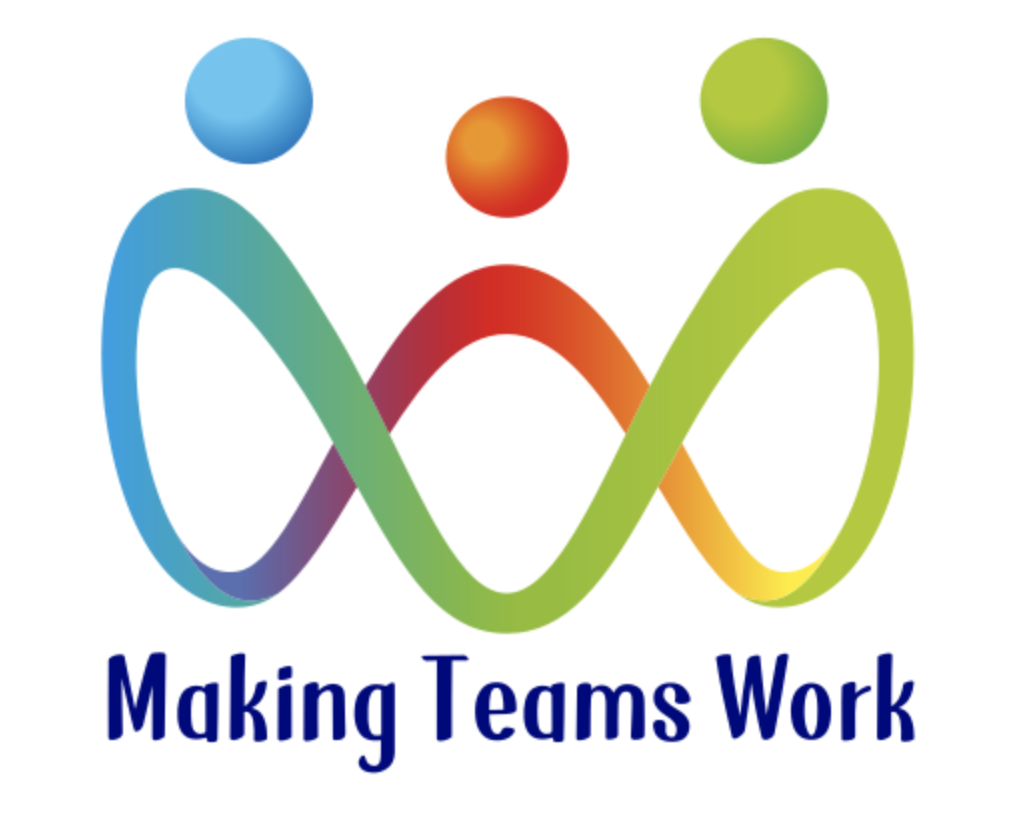I'm always interested to know what topics people like you want to read about, and this post was triggered by a reader of my weekly emails asking me to explore the topic.
Policing in particular these days seems to attract a constant onslaught of negative news coverage. Given world events. It's not the only one. But as I’ve had a long chat with a friend of mine about this from a policing perspective, that's the frame of reference that I have taken.
This is a particularly long article, so I’m going to divide it into two parts, and post them a week apart.
It all used to be broadcast.
In the past, most of our information about the world came from newspapers and broadcast media. Of course, none of these are free from some kind of agenda – they’ve always been used to push one angle or another. Like them or not, a free press is an important part of society. We only have to look at places in the world where the press is state controlled to realise that.
It's probably fair to say that mainstream media today seems to have become more polarized, possibly due to large scale ownership. In addition to these historic sources of information it is now possible to be bombarded with a wider range of views from even more extreme perspectives, fed by any number of social media platforms which are constantly updating and triggering our pleasure centres!
From Facebook to YouTube and everything in between, the algorithms used by these platforms to decide what content to show us is largely based on what we have shown an interest in in the past, both on the platform itself - and often elsewhere. The dreaded ‘pixel’! So, these platforms have an effect of creating greater polarisation between us than ever before.
At the same time the apparent cloak of anonymity provided by platforms like Twitter seem to have removed what would have been normal filters beforehand; or maybe it's just easier to hear the voice of those people who have never filtered their comments in the first place.
One way or another, we are receiving a deluge of negative information. The fact that the platforms are designed to ensnare you only makes this worse.
So what can we do? It boils down to four key things.
- Boundaries,
- Filters,
- Strategies or Tactics, and
- Reflection.
Boundaries for safety.
Boundaries help us know what is and isn't safe. What is and isn't ours. What is and isn't acceptable.
We've all seen the downsides of poor boundary management and setting clear boundaries is a key element of building personal resilience. A lack of boundaries saps our resilience because boundaries need to be stated, agreed, and above all to be personified or lived out.
Is it essential?
When thinking about poisonous narrative or unpleasant content, it is essential that we are clear on our boundaries. These boundaries may be defined by the role and the remit that you have. So, first evaluate: Is it essential that you read or view this content as part of your job?
If you are in executive leadership it may well be it may be important that you are informed about the local media narrative, while if you are less senior then it's probably not essential.
Of course it's always useful to have our viewpoint challenged but setting boundaries enables us to contextualise what we are consuming instead of simply arguing with it especially online.
It may be useful to see how people you respect respond to negative comments on-line.
Who?
It's important to also set boundaries on the kind of people that you will and probably more importantly will not follow. Maybe that has you scrambling for your Twitter account to remove the toxic voices from your stream; but wait! There will be more changes to make.
Knowing that I am easily sucked into Twitter threads and conversations means that I frequently consider leaving the platform altogether but I'm sure there is some useful content there. And I simply need to curate it better, both in terms of what and also who. As I write this, I’ve embarked on a weeding-out of all non-useful voices from that feed. (Sorry if that’s you!). Its just that I’ve noticed that reading other peoples arguments isn’t particularly helpful for my own thinking and emotional state – never mind my sleep!
Setting boundaries in terms of how much time you will spend on a given platform is an obvious step. Most mobile devices now enable you to set limits. However, they also enable you to extend those limits ad infinitum. Instagram used to tell you when you're all caught up, or you've spent 15 minutes on their platform. As I haven't seen either of those messages recently my guess is that they have been removed - after all it's really a platform for advertising dressed up as entertainment.
And it is entertaining, isn’t it? But remember. We are always at the behest of the algorithm that decides what we are most likely to click on.
When?
It's also important to set boundaries as to when during the day or the week you will visit these platforms I decided to stay off Twitter on a Sunday. To have one free day. I’ve seen this referred to as a “digital detox” which I’ve done in the past – to get off all digital devices on a Sunday. Maybe you can try it. You’ll be surprised at the liberty you get!
More than just restricting our consumption on a particular day, we should have boundaries as to when during the day we fall into the social media equivalent of the Grand Canyon.
Experience shows that starting the day with a Twitter, Facebook or Instagram fix usually results in a lack of focus distraction and even irritability. You will know about the downside of engaging on social media in the hours before going to bed. I go further than this when talking about sleep as a major contributing factor to resilience and suggest that there are substantial benefits to not consuming anything on social media when in bed. After all, don't the guidelines for a healthy bedroom include no screens in bed?
Where?
Beyond just the bedroom it is worth deciding specific locations where you will and won't absorb this information. For example, if being informed about local events is part of work, then only keep up to date on it using a work device and never on a personal one.
Create what Adam Altar calls “Stopping rules” in his book “Irresistible” and finally, consider if rest days and holidays are best served by consuming this stuff. For example: When I’m not in work clothes/uniform, I won’t check work content. (I’ve recently written about dealing with the post-holiday email blues for my regular subscribers – signup using the button at the bottom of the page and I’ll send it to you too.)
Returning briefly to the boundaries of people.
Friends?
You may want to choose carefully how and if you talk about work with your friends. I spoke to somebody recently who said they had given up having friends outside of the policing family because there was such a lack of understanding and buying into the negative press narrative that it wasn't worth it. That's quite an extreme view.
Better still, have a conversation to agree with your friends what they won't ask you about; but remember, it is useful to have your own viewpoint challenged. “I tell my friends I’m here to play tennis, not to talk about work.” And if it annoys you to be asked about the worst/funniest/ etc. scene you've been to, tell them that upfront!
Another boundary is to separate your own self from the narrative - to keep part of your life separate from it and separate from your work context. That's not to say that you hang your soul up at the door when you show up for work of course.
Some boundaries are already in place. I bet you don't give friends your job phone number, for example.
Linked to setting boundaries is the need to filter that material that you do come across. Look out for part 2 in a weeks time.


